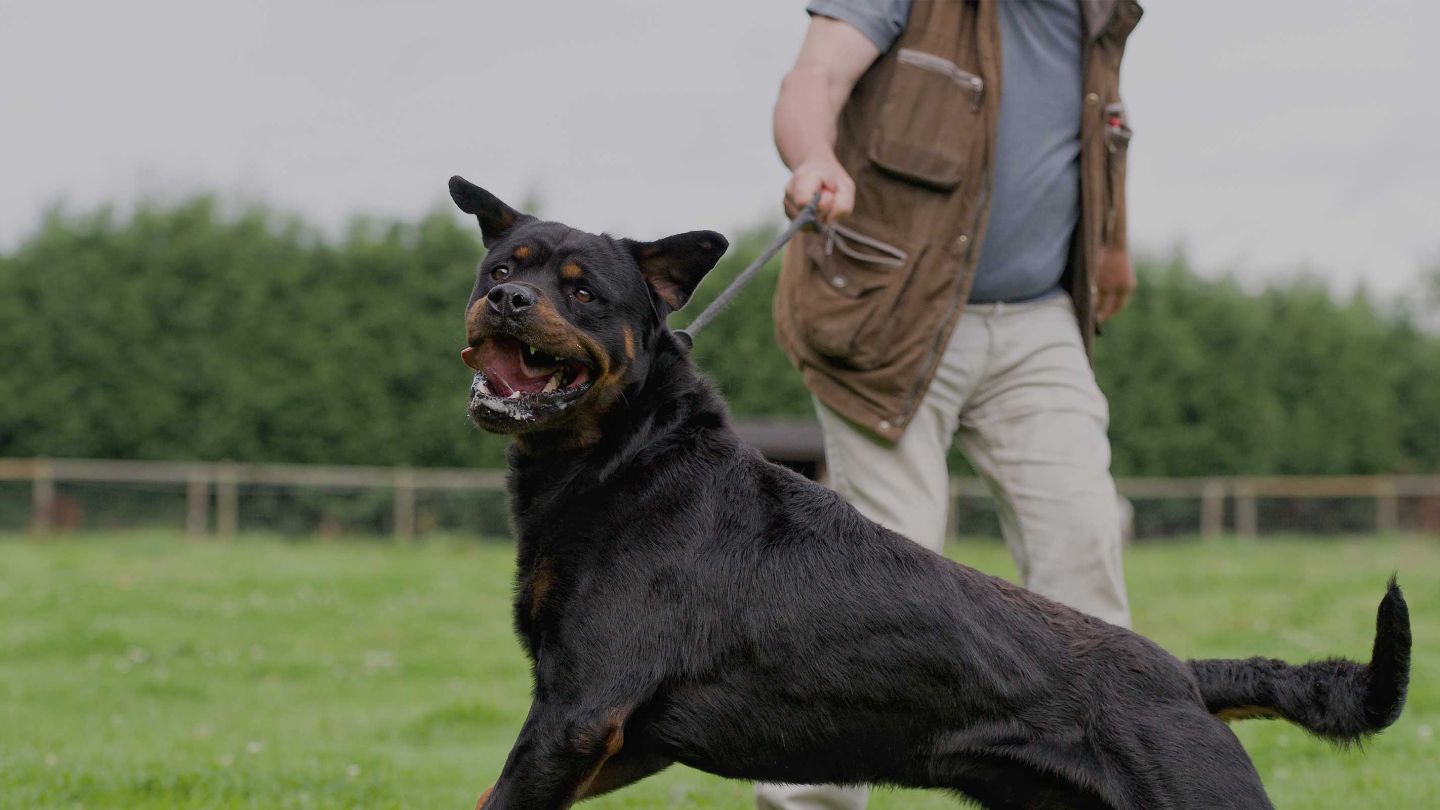Dog bites are a common problem, with over 4 million dog bites reported in the United States each year. Dog bites can be serious, and they can lead to infection, scarring, and even death.
What to Do After a Dog Bite
If you are bitten by a dog, it is important to take the following steps:
- Clean the wound immediately //qlovi.com/ with soap and water.
- Apply direct pressure to the wound to stop the bleeding.
- Elevate the wound above the level of the heart to reduce swelling.
- Seek medical attention, even if the wound seems minor.
What to Expect After a Dog Bite
If you are bitten by a dog, you may need to receive the following medical treatment:
- Antibiotics: Antibiotics may be prescribed to prevent infection.
- Tetanus shot: A tetanus shot may be given if you have not had one in the past 10 years.
- Stitches or staples: Stitches or staples may be used to close the wound.
- Surgery: Surgery may be necessary to repair serious dog bites.
Dog Bite Laws
Dog bite laws vary from state to state, but most states have laws that hold dog owners liable for dog bites. In some states, dog owners are strictly liable for dog bites, meaning that they are liable even if they did not know that their dog was dangerous. In other states, dog owners are only liable for dog bites if they knew or should have known that their dog was dangerous.
If you have been bitten by a dog, you should contact a lawyer to discuss your legal rights and options. A lawyer can help you get the compensation you deserve /kiwilaws.com/ for your injuries and losses.
How to Prevent Dog Bites
There are a number of things that you can do to prevent dog bites, including:
- Supervise children around dogs.
- Never approach a strange dog.
- Ask permission from the owner before petting a dog.
- Do not disturb a dog while it is eating or sleeping.
- Be aware of the warning signs that a dog may bite, such as growling, snapping, and baring its teeth.
If you are bitten by a dog, it is important to remember that you are not alone. There are a number of resources available to help you, including medical professionals, lawyers, and animal control.





